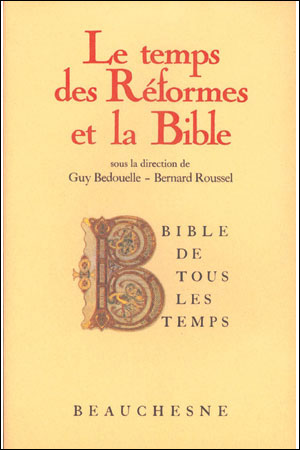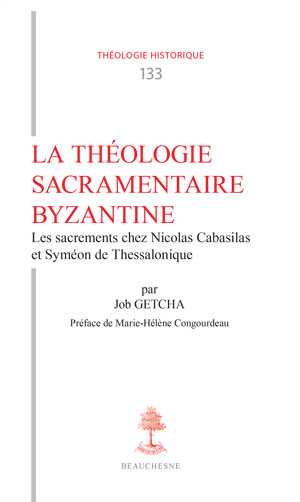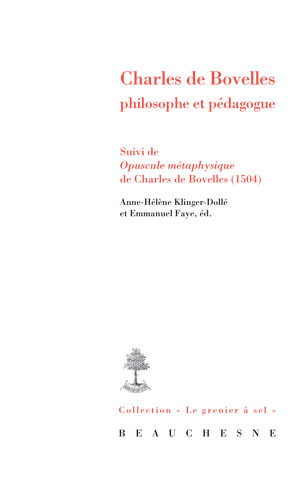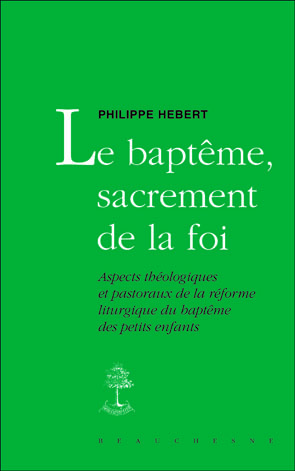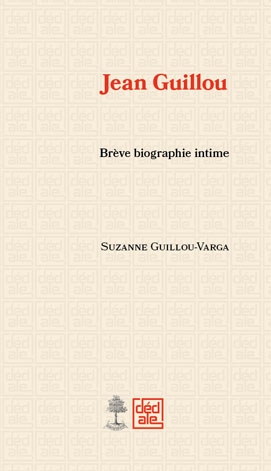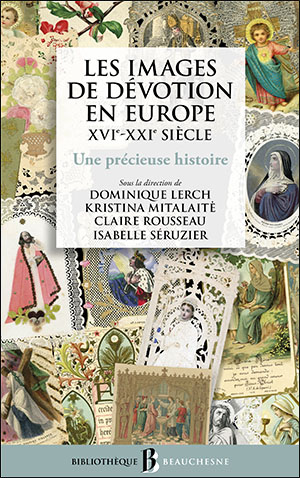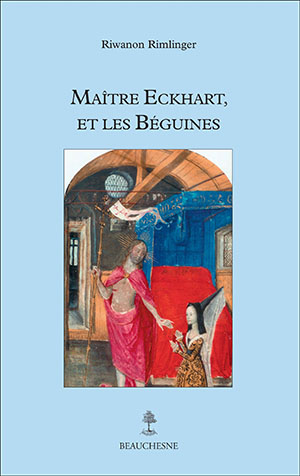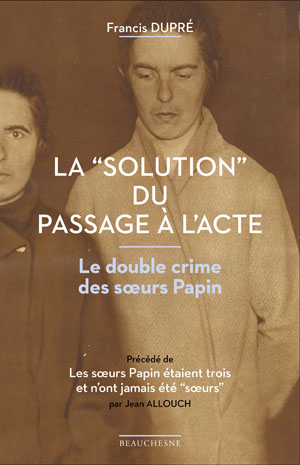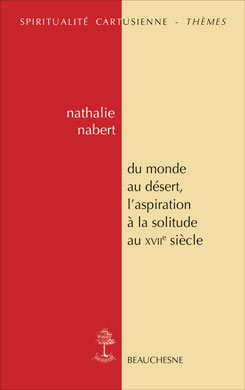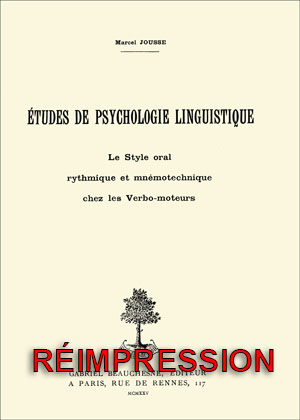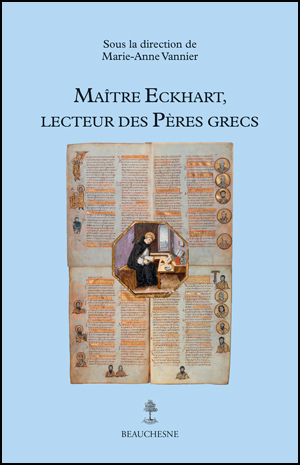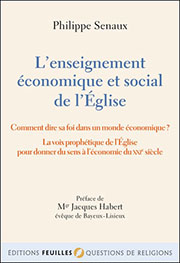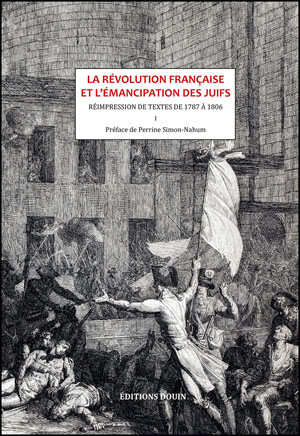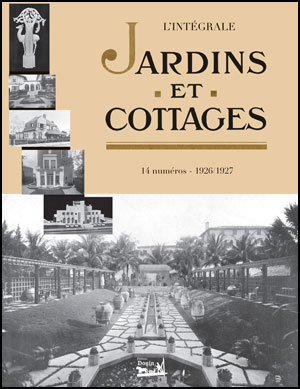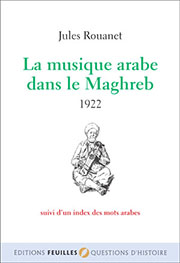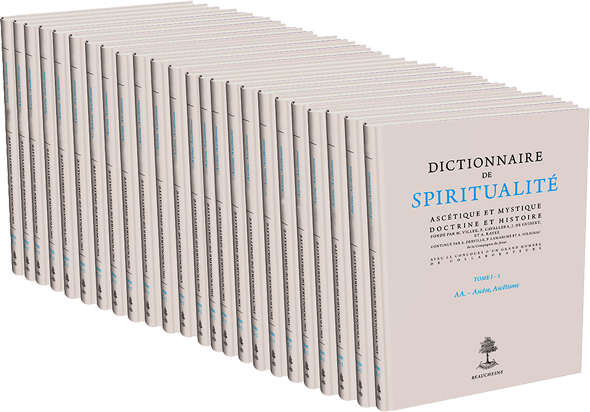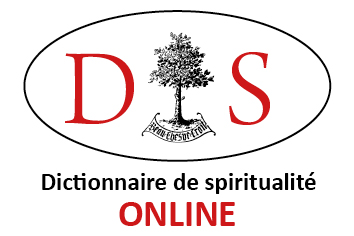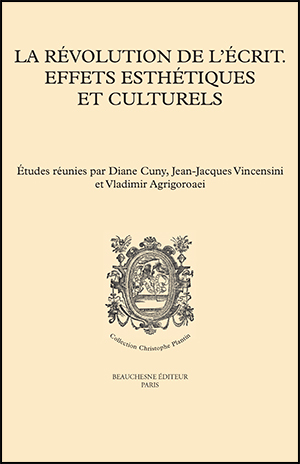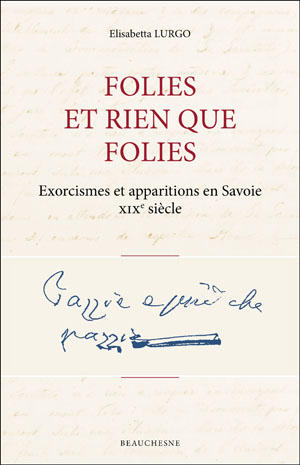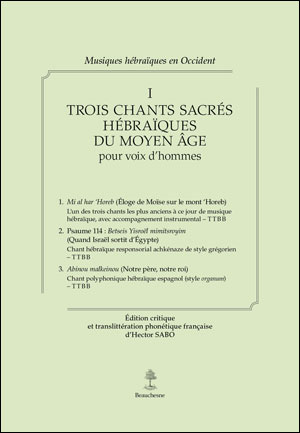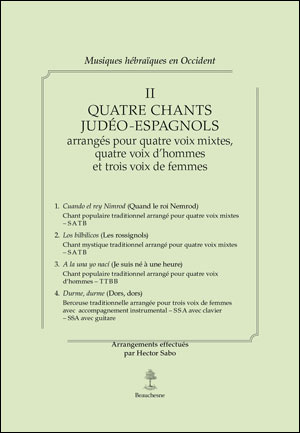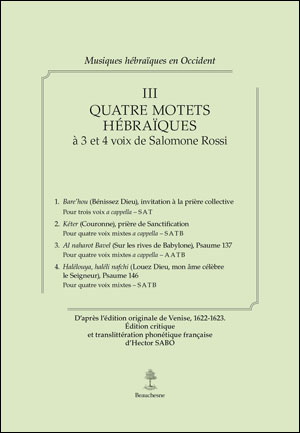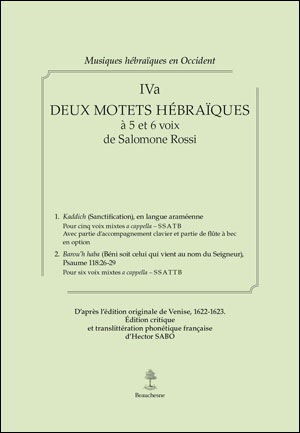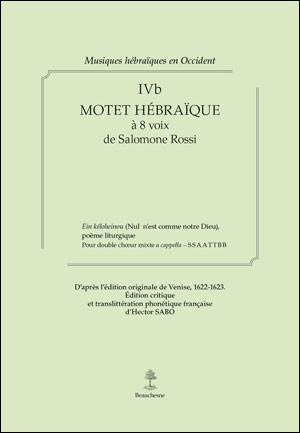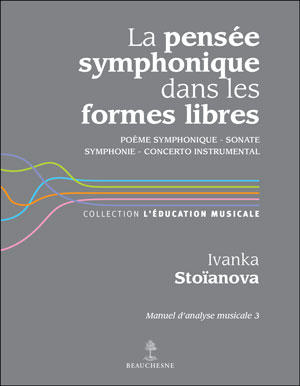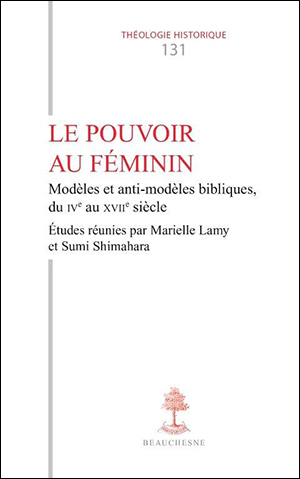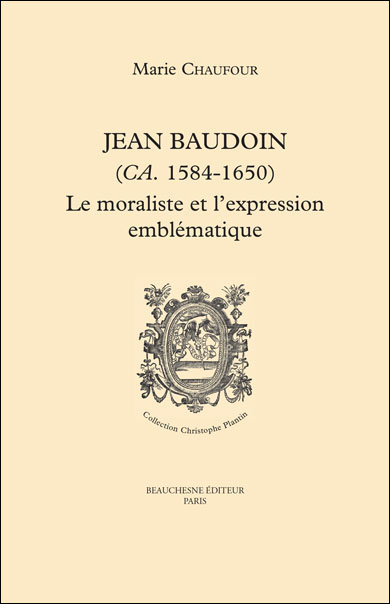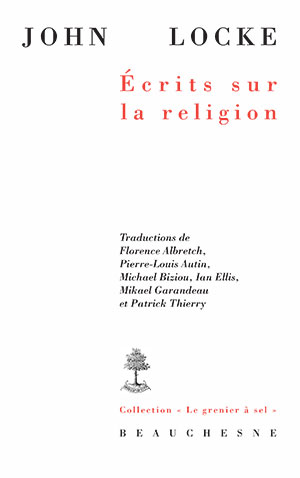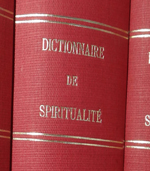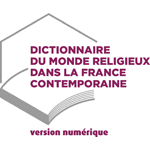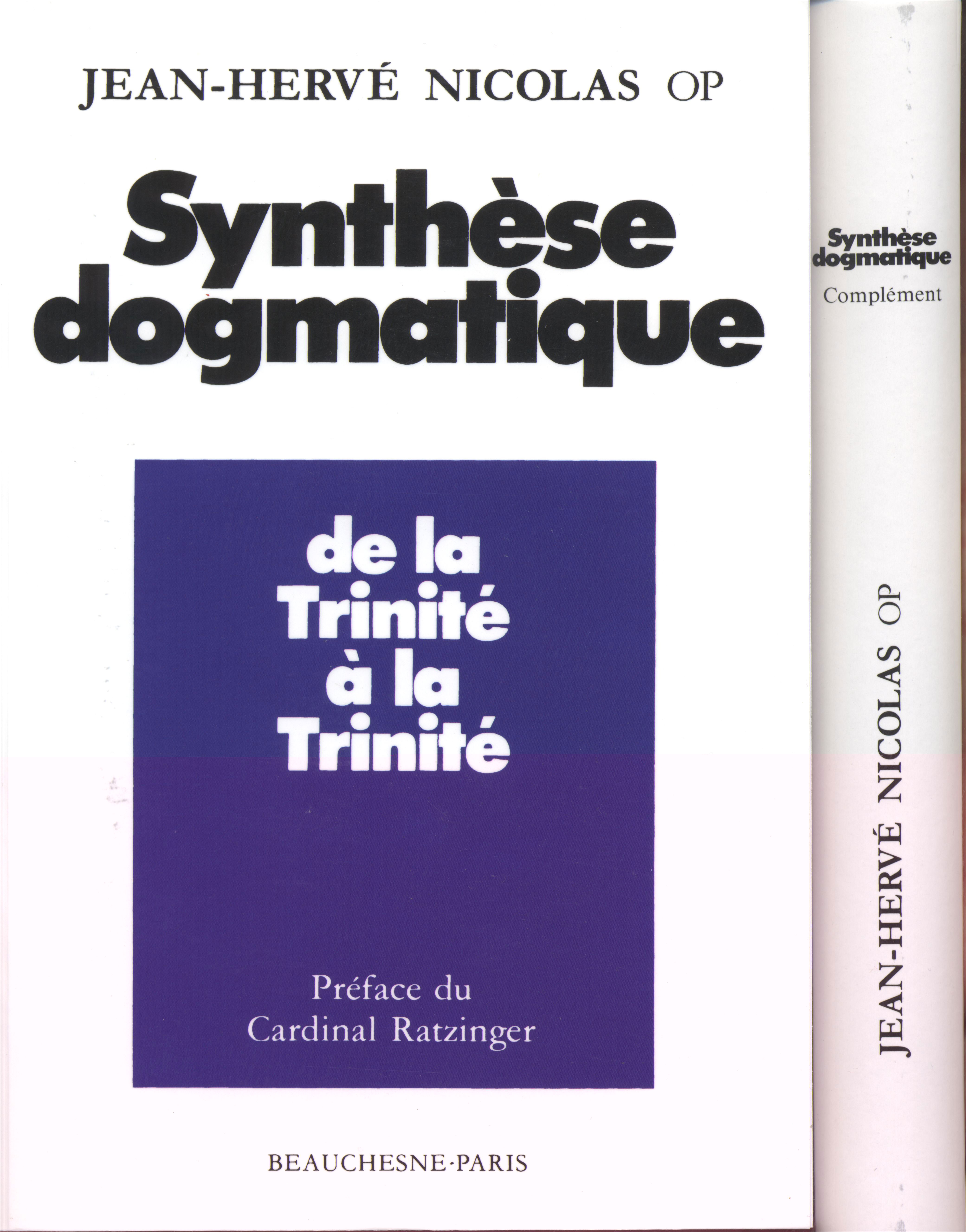85.00 €
BIBLE DE TOUS LES TEMPS N°5- LE TEMPS DES RÉFORMES ET LA BIBLE
Date d'ajout : mardi 22 août 2017
par Max ENGAMMARE
THE SIXTEENTH CENTURY JOURNAL, XX, 4, 1990
French scholars have used the three volumes of The Cambridge History of the Bible (1963-1970) and still use them. Now English and American scholars can consult the eight volumes of the Bible de Tous les Temps (1986-1989). The final volumes, five : Le temps des Réformes et la Bible, and six : Le Grand Siècle et la Bible, were published last year.
In the fifth volume the Bible is examined in different contexts (Catholic, Lutheran, Calvinist, Jewish, Orthodox) and in contact with various aspects of a Christian society in the sixteenth century (politics, the discovery of the New World, liturgy, literature, poetry, theater, hymnology, and illustration).
Guy Bedouelle and Bernard Roussel are not only the editors of this fifth volume, they wrote the first part, "Reading the Bible," which comprises half the book. Before studying the text, they have opened and looked through the book itself (157ff.). Combining detailed studies and synthesis - they have read nearly all works on the subject - they provide chapters upon the Humanists, the vernacular languages and the translation, schools of exegesis (Luther and the group in Wittenberg, a Rhenan school with its care of the Hebrew text, the generation of Brenz, Bullinger and Calvin, and the "generation of the traditions," 199ff.), the instruments of biblical knowledge, and the methods of commentary. Their studies show the variations within the Catholic position towards the use of a vernacular Bible, arising from questions such as difficulty of the letter, gift for interpretation, and status of Latin. On the other hand, the Protestants championed the vernacular Bible, producing numerous translations and commentaries, but disputed eucharistic meaning among themselves (522ff.). Protestants and Catholics praised the Bible, but the latter displayed a reluctance to disseminate it among the laity (463ff.).
In the second part, the editors have called upon many scholars who bring considerable knowledge to the task. Unlike the previous studies on the Bible, this book emphasizes culture, art, and politics. Marc Venard shows that the discovery of new continents displaced Jerusalem as centre of the universe (489ff.). Michael Screech describes the fascination that the Bible exerted over the authors of the Renaissance (613ff.), whereas Philippe Denis and Patrice Veit give attention to the influence of the Bible on pastoral care and the hymnology, respectively. The political use Luther, Munster, and Calvin made of the Bible is studied by Marguerite Soulié. Finally, before a rich bibliography, Margarete Stirm (683-750) presents a valuable and extended study of the Bible and the images, whose main idea could be : while the Reformers rejected the sacral image, the Catholics defended the sacral function of the image (747).
Nevertheless there are some defects in this large book. Questions remain unanswered : e.g. the allegory is discussed too superficially, limited to brief remarks on Erasmus (107ff. and 577ff.) and Max Hout's paper on the mystical reading with affirmation : "la lecture allégorique traditionnelle, la seule finalement qui soit d'Église !" (611). The Isagoge of Pagnini deserves more attention (78). The choice of texts for the comparison of Titelmann's and Bucer's writings is strange because both wrote commentaries on the Psalms and Romans (190ff.) ! The biblical index appears to have been hastily assembled : e.g. for the Song of Solomon, we can add pages 592, 594, 601, 608, 610, and 637 to the references given. There are additional inaccuracies : Reuchlin's De rudimentis appears in 1506 and not in 1509 (65), Bucer's De regno Christi in 1550 and not in 1560 (756), and some words are lacking on page 108. Finally, Roussel's contributions are completely lacking in prose style, it is often as if he has simply heaped his note cards before the reader. But fortunately the material is valuable and the book as a whole is a great study of the Bible in the sixteenth century and will remain "unavoidable" for a long time.
French scholars have used the three volumes of The Cambridge History of the Bible (1963-1970) and still use them. Now English and American scholars can consult the eight volumes of the Bible de Tous les Temps (1986-1989). The final volumes, five : Le temps des Réformes et la Bible, and six : Le Grand Siècle et la Bible, were published last year.
In the fifth volume the Bible is examined in different contexts (Catholic, Lutheran, Calvinist, Jewish, Orthodox) and in contact with various aspects of a Christian society in the sixteenth century (politics, the discovery of the New World, liturgy, literature, poetry, theater, hymnology, and illustration).
Guy Bedouelle and Bernard Roussel are not only the editors of this fifth volume, they wrote the first part, "Reading the Bible," which comprises half the book. Before studying the text, they have opened and looked through the book itself (157ff.). Combining detailed studies and synthesis - they have read nearly all works on the subject - they provide chapters upon the Humanists, the vernacular languages and the translation, schools of exegesis (Luther and the group in Wittenberg, a Rhenan school with its care of the Hebrew text, the generation of Brenz, Bullinger and Calvin, and the "generation of the traditions," 199ff.), the instruments of biblical knowledge, and the methods of commentary. Their studies show the variations within the Catholic position towards the use of a vernacular Bible, arising from questions such as difficulty of the letter, gift for interpretation, and status of Latin. On the other hand, the Protestants championed the vernacular Bible, producing numerous translations and commentaries, but disputed eucharistic meaning among themselves (522ff.). Protestants and Catholics praised the Bible, but the latter displayed a reluctance to disseminate it among the laity (463ff.).
In the second part, the editors have called upon many scholars who bring considerable knowledge to the task. Unlike the previous studies on the Bible, this book emphasizes culture, art, and politics. Marc Venard shows that the discovery of new continents displaced Jerusalem as centre of the universe (489ff.). Michael Screech describes the fascination that the Bible exerted over the authors of the Renaissance (613ff.), whereas Philippe Denis and Patrice Veit give attention to the influence of the Bible on pastoral care and the hymnology, respectively. The political use Luther, Munster, and Calvin made of the Bible is studied by Marguerite Soulié. Finally, before a rich bibliography, Margarete Stirm (683-750) presents a valuable and extended study of the Bible and the images, whose main idea could be : while the Reformers rejected the sacral image, the Catholics defended the sacral function of the image (747).
Nevertheless there are some defects in this large book. Questions remain unanswered : e.g. the allegory is discussed too superficially, limited to brief remarks on Erasmus (107ff. and 577ff.) and Max Hout's paper on the mystical reading with affirmation : "la lecture allégorique traditionnelle, la seule finalement qui soit d'Église !" (611). The Isagoge of Pagnini deserves more attention (78). The choice of texts for the comparison of Titelmann's and Bucer's writings is strange because both wrote commentaries on the Psalms and Romans (190ff.) ! The biblical index appears to have been hastily assembled : e.g. for the Song of Solomon, we can add pages 592, 594, 601, 608, 610, and 637 to the references given. There are additional inaccuracies : Reuchlin's De rudimentis appears in 1506 and not in 1509 (65), Bucer's De regno Christi in 1550 and not in 1560 (756), and some words are lacking on page 108. Finally, Roussel's contributions are completely lacking in prose style, it is often as if he has simply heaped his note cards before the reader. But fortunately the material is valuable and the book as a whole is a great study of the Bible in the sixteenth century and will remain "unavoidable" for a long time.
Moteur de recherche www.editions-beauchesne.com
Le moteur peut rechercher dans différents champs :
- Un nom d’auteur (AUTEUR)
- Un mot du titre (TITRE)
- Un ISBN
- Un mot du texte de présentation (TEXTE)
- Un mot du sommaire ou de la table des matières (SOMMAIRE).
La recherche dans les champs TEXTE et SOMMAIRE peut être un peu longue.
En cliquant sur un resultat la fiche du livre correspondant s'ouvre dans un nouvel onglet.
Search engine www.editions-beauchesne.com
The engine can search in different fields:
- An author's name (AUTEUR)
- A word from the title (TITRE)
- An ISBN
- A word from the presentation text (TEXTE)
- A word from the summary or the table of contents (SOMMAIRE).
The search in the TEXTE and SOMMAIRE fields may take some time.
Clicking on a result open the book's sheet in a new tab.

